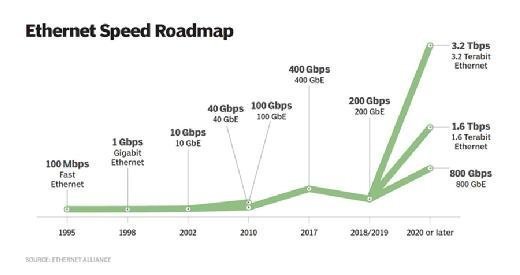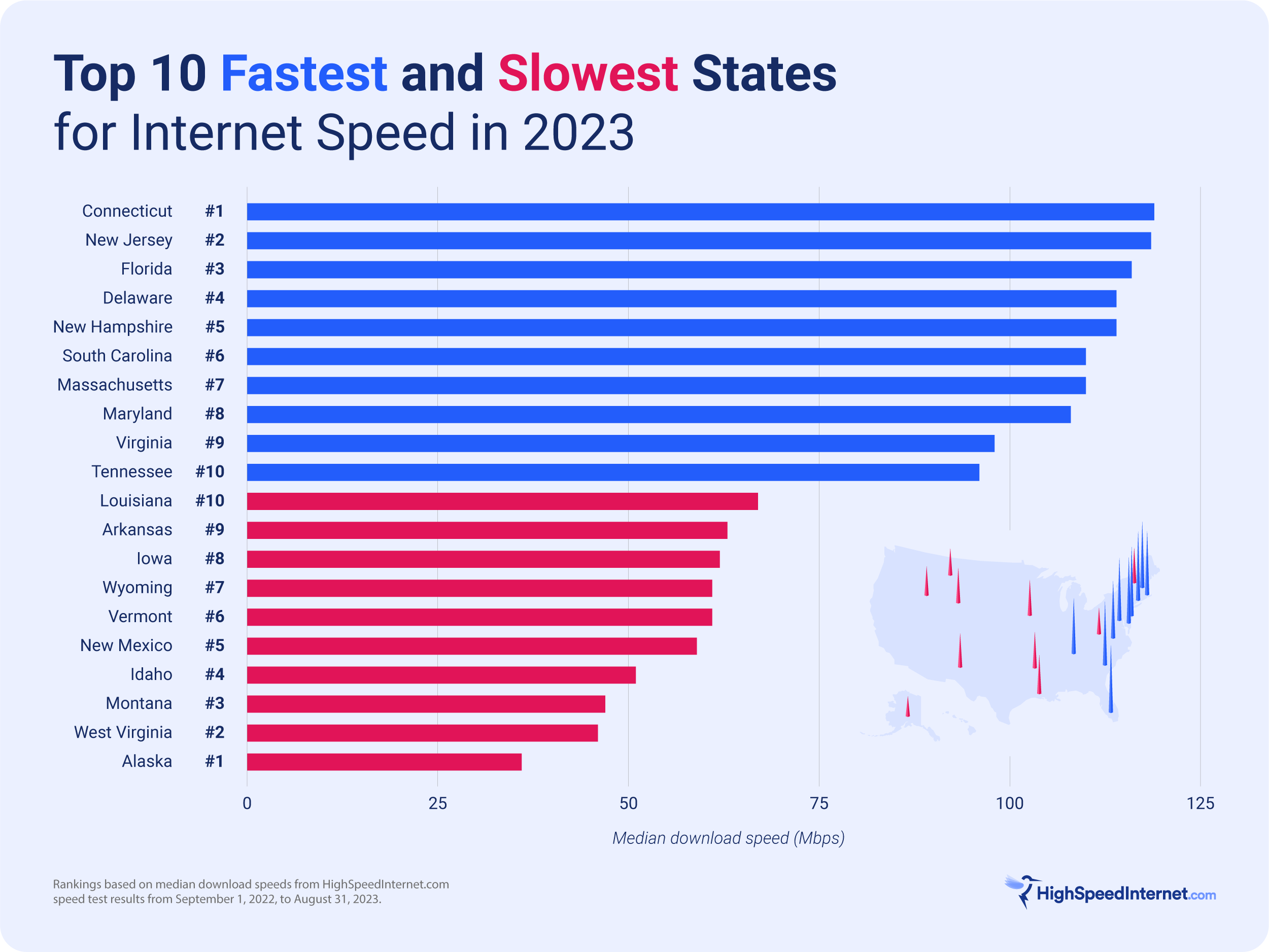The Effect of Megabits Per Second on Streaming Quality and Efficiency
The Effect of Megabits Per Second on Streaming Quality and Efficiency
Blog Article
How Megabits Per Second Impact Your Online Activities
The idea of megabits per second (Mbps) plays a pivotal function in forming our online experiences. As electronic tasks proliferate, understanding the ramifications of Mbps on video gaming, video, and streaming conferencing ends up being significantly vital. Greater Mbps can boost efficiency and decrease interruptions, while insufficient speeds may foster irritation and ineffectiveness. Assessing your home's particular needs in connection with these rates is crucial, specifically as several gadgets try data transfer. Yet, the nuances of just how Mbps influences different online activities necessitate more expedition, particularly as our reliance on electronic connectivity proceeds to progress.
Recognizing Megabits Per Second
When thinking about net speed, it's vital to comprehend the concept of megabits per second (Mbps), which works as a typical measurement for information transfer rates. This statistics quantifies exactly how much data can be sent over an internet connection in one second, providing a clear understanding of efficiency capacities - Megabits Per Second. For context, one megabit amounts to one million little bits, and Mbps is typically made use of to express data transfer for numerous online activities
A greater Mbps indicates a quicker internet link, making it possible for users to do jobs such as downloading data, surfing websites, and engaging in on the internet pc gaming more effectively. As an example, common browsing needs around 1-5 Mbps, while streaming high-def video clip may demand 5-25 Mbps. Comprehending these demands is crucial for figuring out the ideal internet speed needed for specific activities.
Additionally, the variety of tools attached to a network can influence total efficiency. Numerous customers streaming, gaming, or downloading concurrently can stress offered data transfer, leading to slower rates - Megabits Per Second. Examining individual online behaviors and needs is crucial in choosing a web plan that aligns with one's needs, guaranteeing a seamless digital experience
Streaming and Buffering Issues
Streaming high-def web content has actually ended up being a staple of contemporary on the internet enjoyment, yet it is commonly gone along with by annoying buffering issues. These interruptions can significantly interfere with the watching experience, bring about frustration and prospective loss of audience involvement. Buffering takes place when the data transmitted from the streaming solution is not obtained swiftly enough to keep a smooth playback, commonly because of insufficient net rate determined in megabits per second (Mbps)

Furthermore, real-time streaming can be affected by network congestion, which takes place when numerous gadgets share the exact same bandwidth. Optimizing connection rate and guaranteeing adequate Mbps is essential for a smooth streaming experience. As streaming services remain to progress, comprehending the impact of Mbps on buffering concerns stays crucial for customers seeking uninterrupted amusement.
Online Video Gaming Performance
The influence of internet rate on online tasks extends past streaming, substantially influencing on-line gaming efficiency. In competitive video gaming, low latency and high data transfer are essential for a smooth experience. A fast link minimizes lag, permitting players to react promptly to in-game events, which can be the distinction between success and loss.
Bandwidth, gauged in megabits per second (Mbps), plays an important role in supporting numerous devices and video gaming systems at the same time. Not enough bandwidth can bring about dropped connections or lowered game quality, negatively affecting gameplay. On the internet multiplayer video games call for substantial data transfer, particularly during peak video gaming hours when countless players are online.
Hectic first-person shooters demand greater speeds to preserve responsiveness, while turn-based method games might function moderately well on lower rates. As on the internet pc gaming proceeds to advance, with enhancing visual integrity and even more complex multiplayer settings, the demand for greater Mbps will only intensify.
Video Conferencing Top Quality
In today's electronic landscape, video conferencing high quality is greatly influenced by net rate, particularly in terms of bandwidth and latency. Top notch video clip calls require enough bandwidth to transfer sound and video clip information effortlessly. Normally, a minimum of 1.5 Mbps upload and download speeds is advised for standard definition video, while high-def video clip conferencing normally demands at least 3 Mbps.
Latency, or the delay between sending and getting information, also plays a crucial function in the individual experience. Reduced latency makes sure that conversations flow normally without unpleasant stops briefly or interruptions. Preferably, latency needs to be below 150 nanoseconds for reliable communication. Higher latency can bring about resemble, lag, and disjointed interactions, which can prevent partnership and involvement throughout meetings.
In addition, several individuals in a video clip conference can strain readily available transmission capacity, necessitating also higher speeds. Network congestion, usually triggered by simultaneous tasks like streaming or downloading, can further weaken video high quality. Thus, for organizations counting on video conferencing for remote cooperation, understanding the connection in between megabits per overall and second interaction top quality is crucial for keeping performance and enhancing virtual interactions.
Choosing the Right Internet Plan
Selecting a suitable internet plan is essential for making sure ideal performance in various on-line tasks, particularly in settings that demand high bandwidth, such as video clip learn this here now conferencing and online pc gaming. Megabits Per Second. When taking into consideration an internet strategy, it is important to review both the rate and data allowance to match your specific use requirements
For houses with numerous individuals participating in simultaneous tasks, a plan offering greater megabits per second (Mbps) is advised. Normally, a minimum of 25 Mbps is appropriate for conventional streaming and browsing, while strategies surpassing 100 Mbps are preferable for even this link more extensive tasks. Additionally, take into consideration the nature of your online tasks; video conferencing calls for at least 1.5 Mbps upload rate, while on the internet gaming might need a reduced latency however regular connection.
Endless data strategies can prevent throttling and disturbances, especially if heavy usage is prepared for. By attentively selecting a net strategy tailored to your requirements, you can improve your on-line experience, ensuring smooth, continuous accessibility to your recommended activities.
Conclusion
In final thought, the importance of megabits per second (Mbps) in forming on the internet tasks can not be overemphasized. A comprehensive understanding of individual or family Mbps requirements is crucial for choosing an appropriate net plan that properly sustains diverse online tasks and user needs.

Commonly, a minimum of 25 Mbps is appropriate for common streaming and browsing, while plans exceeding 100 Mbps are preferable for more intensive tasks. In addition, think about the nature of your online activities; video conferencing needs at least 1.5 Mbps upload rate, while on the internet gaming might require a lower latency yet constant link.
Report this page